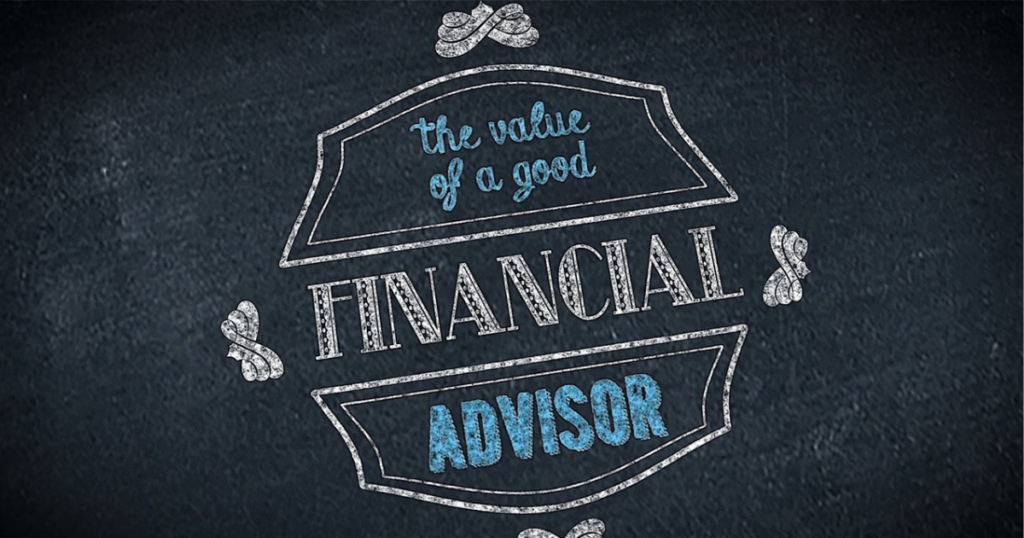
If you are looking for professional guidance on how to manage your finances, invest your money, plan for retirement, or achieve any other financial goals, you may benefit from hiring a certified financial advisor. A certified financial advisor is a financial professional who has earned a certification that demonstrates their expertise and credibility in the field of financial planning.
There are many types of certifications available for financial advisors, but one of the most respected and recognized ones is the CFA (chartered financial analyst) certification. In this article, we will explain what a CFA is, what are the benefits of hiring one, and how to find one that suits your needs.
Related articles
What Is a CFA?
A CFA is a financial professional who has passed a rigorous and comprehensive exam administered by the CFA Institute, a global association of investment professionals. The exam covers topics such as ethics, economics, accounting, portfolio management, asset valuation, and more. The exam consists of three levels, each requiring at least 300 hours of study and preparation. The pass rates for each level are usually around 50% or lower, which means that only a fraction of candidates who start the program actually complete it. According to the CFA Institute1, there are more than 190,000 CFA charterholders worldwide as of June 2023.
To become a CFA, a candidate must also meet the following requirements2:
- Have a bachelor’s degree or equivalent work experience
- Have at least four years of relevant work experience in the investment industry
- Abide by the CFA Institute Code of Ethics and Standards of Professional Conduct
- Join the CFA Institute as a regular member and pay annual dues
- Maintain their knowledge and skills through continuing education
What Are the Benefits of Hiring a CFA?
Hiring a CFA can provide you with many benefits that can help you achieve your financial goals. Here are some of them:
- Expertise: A CFA has demonstrated their knowledge and skills in various aspects of financial planning and analysis. They can help you with tasks such as budgeting, saving, investing, tax planning, retirement planning, estate planning, risk management, and more. They can also provide you with objective and unbiased advice based on your specific situation and needs.
- Trust: A CFA is bound by a strict code of ethics and standards of professional conduct that require them to act in the best interest of their clients at all times. They must also disclose any conflicts of interest or potential sources of bias that may affect their recommendations. They must also maintain confidentiality and privacy of their clients’ information.
- Recognition: A CFA is recognized as a reputable and qualified financial professional by employers, peers, regulators, and clients. They have earned the respect and trust of the investment community through their hard work and dedication. They can also access various resources and opportunities provided by the CFA Institute and its local societies.
- Value: A CFA can add value to your financial situation by helping you optimize your financial decisions, avoid costly mistakes, save time and money, reduce stress and anxiety, and increase your confidence and satisfaction.
How to Find a CFA That Suits Your Needs?
If you are interested in hiring a CFA, you should consider the following factors:
- Your goals: You should have a clear idea of what you want to achieve with your finances and what kind of help you need from a CFA. For example, do you need help with investing, retirement planning, tax planning, or something else? Do you have a specific time horizon or risk tolerance? Do you have any special circumstances or preferences?
- Your budget: You should also have a realistic expectation of how much you can afford to pay for a CFA’s services. Different CFAs may charge different fees depending on their experience, qualifications, services offered, location, and other factors. Some may charge an hourly rate, a flat fee, a percentage of assets under management, or a combination of these methods. You should also ask about any additional costs or expenses that may be involved.
- Your compatibility: You should also look for a CFA that you feel comfortable working with and communicating with. You should look for someone who listens to your needs and concerns, understands your goals and values, explains things clearly and patiently, provides regular feedback and updates, and respects your opinions and decisions.
One way to find a suitable CFA is to use the Find an Advisor tool provided by the CFA Institute1. This tool allows you to search for CFAs near you or online based on various criteria such as location, services offered, languages spoken, specialties, credentials, etc. You can also view their profiles and contact information and request an initial consultation.
Another way to find a good CFA is to ask for referrals from your friends, family members, colleagues, or other trusted sources who have worked with a CFA before. You can also check online reviews, ratings, testimonials, or complaints about CFAs on websites such as AdvisoryHQ, Investopedia, or [Yelp].
How much does it cost to hire a financial advisor?
The cost of hiring a financial advisor depends on several factors, such as the type of services you need, the size of your portfolio, and the fee structure of the advisor. There is no standard fee or cost that applies to all financial advisors, but here are some common ways that they may charge you1234:
- Percentage of assets under management: This is when the advisor charges you a percentage of the value of your assets that they manage for you. This can range from 0.25% to 1.65% per year, depending on the advisor and the amount of assets. For example, if you have $100,000 in assets and the advisor charges 1% per year, you will pay $1,000 in fees annually.
- Flat fee: This is when the advisor charges you a fixed amount for a specific service or project, such as creating a financial plan or reviewing your portfolio. This can range from $1,000 to $3,000 or more, depending on the complexity and scope of the service or project.
- Hourly fee: This is when the advisor charges you based on the time they spend working on your case. This can range from $30 to $250 per hour or more, depending on the advisor’s experience and qualifications.
- Commission: This is when the advisor earns a percentage of the money you invest in certain products or services that they recommend or sell to you. This can range from 1% to 5% or more, depending on the product or service. However, this method may create a conflict of interest for the advisor, as they may be incentivized to sell you products or services that are not in your best interest.
Before hiring a financial advisor, you should always ask them how they charge for their services, how much they charge, and what is included in their fees. You should also compare different advisors and look for ones that have relevant credentials, such as CFA (chartered financial analyst) certification4, which indicates their expertise and credibility in the field of financial planning. You can use the Find an Advisor tool provided by the CFA Institute to search for CFAs near you or online based on various
A certified financial advisor is a financial professional who has earned a certification that shows their expertise and credibility in the field of financial planning. One of the most prestigious and recognized certifications is the CFA (chartered financial analyst) certification, which requires passing a rigorous exam and meeting other requirements. Hiring a CFA can provide you with many benefits, such as expertise, trust, recognition, and value. To find a CFA that suits your needs, you should consider your goals, budget, and compatibility, and use various sources such as the CFA Institute’s Find an Advisor tool, referrals, or online reviews.
About the Author






0 Comments